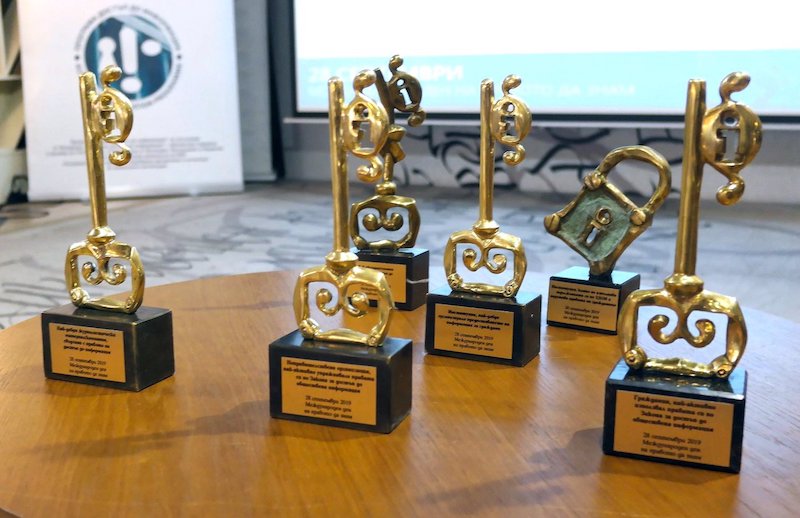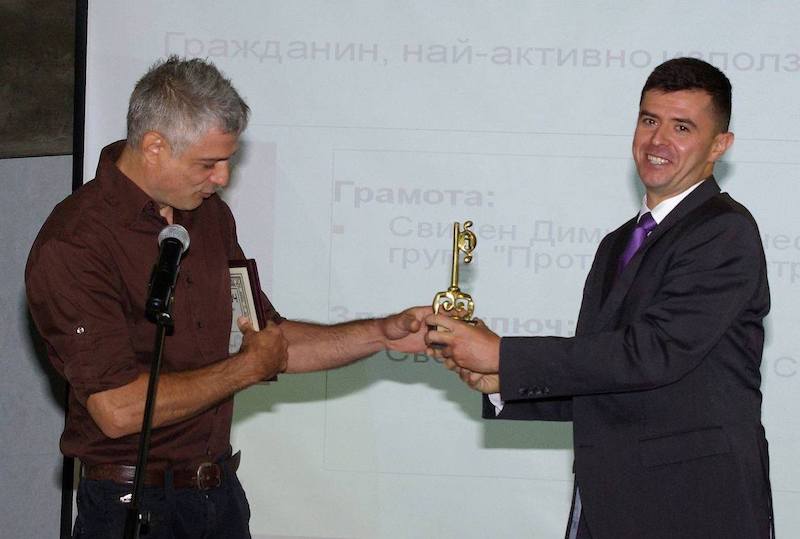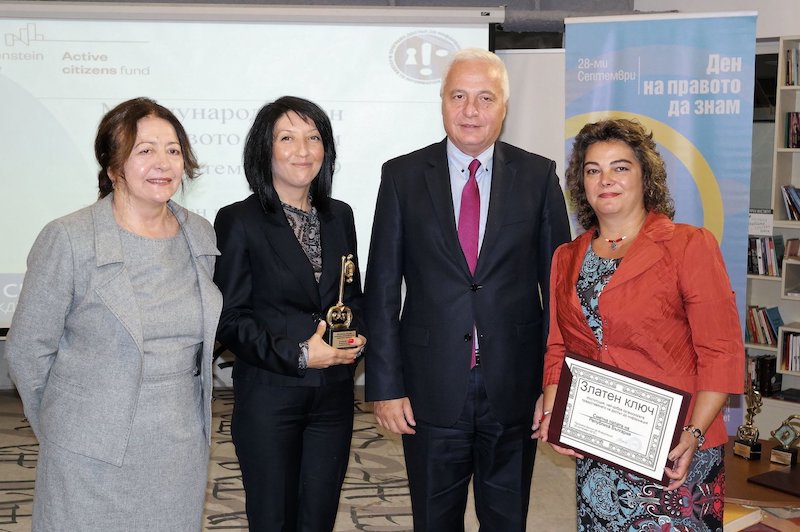
In January 2019, a citizen group in the Danubian town of Silistra donated snow removal equipment to the municipality. In a protest action broadcast on social media, they presented local government officials with receipts and other paperwork for the purchased items by way of showing them how they expect the municipality to report on public spending. “The money they spend belongs to all of us,” the group’s leader, Svilen Dimitrov, told officials.
The citizen group was protesting Silistra Municipality’s spending a whopping 670,000 Bulgarian levs (over $380,000) on greening projects during the previous fiscal year without accounting for how the money was spent and on what. When the municipality released information only about a fraction of the expenditure, the group filed a successful lawsuit against it. A second failure to provide the necessary data led to a second lawsuit and a fine for the mayor. All pertinent information was subsequently released and is available on the group’s Facebook profile.
For its efforts to make local government more accountable, the Protest Silistra group received recognition at the 17th Annual Right to Know Awards given out by the Access to Information Programme Foundation to honor individuals and organizations advancing freedom of information in Bulgaria. The ceremony took place on September 28, International Right to Know Day, which has been celebrated on five continents since 2002.
An active citizen award went to Svetlozar Alexiev, a Sofia resident who successfully sued Sofia Municipality over its traffic control, concession licensing, and street repair practices. The Bulgarian Helsinki Committee was recognized for its longstanding efforts to collect information about domestic violence and its advocacy for legal changes in defense of victims.

Three journalists received awards for their work to uncover irregularities and expose corrupt practices at public institutions. Iliya Valkov, of Club Z magazine, picked up the big prize for his coverage of EU media subsidies and the proposed tax amnesty for religious institutions. Alexandra Markaryan, deputy editor-in-chief of OFFNews.bg, uncovered irregular admission practices at Sofia schools, and Lachezar Lisitsov, of Flagman.bg, has made active use of the Access to Public Information Act to obtain information from the Prosecutor General’s Office and the National Assembly of Bulgaria.
Blagoevgrad Municipality was named the most transparent municipality in Bulgaria, and the Bulgarian National Audit Office—the most transparent institution.
At the other end of the spectrum were the Bulgarian Ministry of the Environment and Water and the Food Safety Agency, which received anti-awards for their poor track record of releasing information in cases of overriding public interest. The Anti-Corruption Commission was named “the most absurd case in relation to information access” for systematically ignoring journalists’ requests for information; as a result, it has had a large number of lawsuits filed against it.

Citizens’ “right to know” is enshrined in the 2000 Access to Public Information Act. The law entitles citizens to obtain information from publicly funded institutions on matters of public interest. This makes it an important tool for journalists looking to shed light on nontransparent government practices as well as for citizens and organizations interested in making public institutions more accountable.
An ABF grantee since 2010, Access to Information Programme has been instrumental in the passing of the act and its subsequent amendments to extend its powers. Through legal help, court representation, and advocacy, AIP has also helped hundreds of citizens, NGOs, and journalists receive access to thousands of documents every year and compelled national and local government agencies to adopt more transparent practices.

